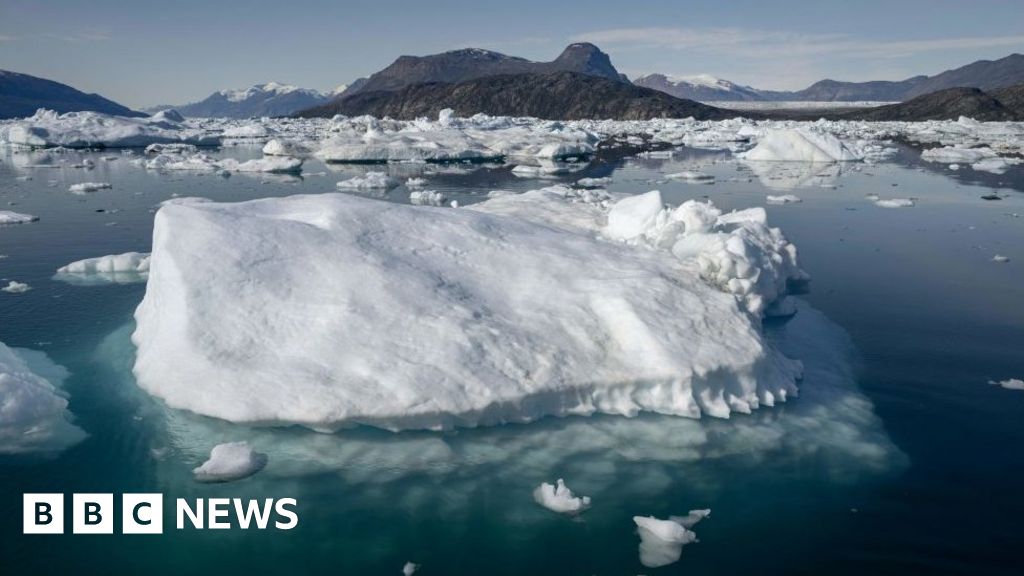
Slower Turns: How Climate Change Could Impact the Earth’s Rotation and Timekeeping
A study published recently has shown that climate change is affecting the Earth’s rotation speed, which could have implications for how we measure time. The melting of ice from Greenland and Antarctica is contributing additional water to the world’s oceans, causing a redistribution of mass. This redistribution is slowing down the Earth’s rotation, although it is still spinning faster than in the past.
As a result of these changes, global timekeepers may need to adjust our clocks by subtracting a second later than previously anticipated. Coordinated Universal Time (UTC), which is used worldwide to regulate clocks, is based on the Earth’s rotation. However, since the Earth’s rotation rate is not constant, adjustments are occasionally needed to keep our time accurate.
Since the 1970s, approximately 27 seconds known as leap seconds have been added to our clocks to align our timekeeping with the Earth’s rotation. This study suggests that without the accelerated melting of polar ice, a “negative leap second” – subtracting a second from world clocks – would have been necessary by 2026.
According to Duncan Agnew, the author of the study, these changes to the Earth’s rotation speed are significant and unprecedented. The study highlights the impact that climate change can have on various aspects of our planet, including something as fundamental as the Earth’s rotation and timekeeping.

